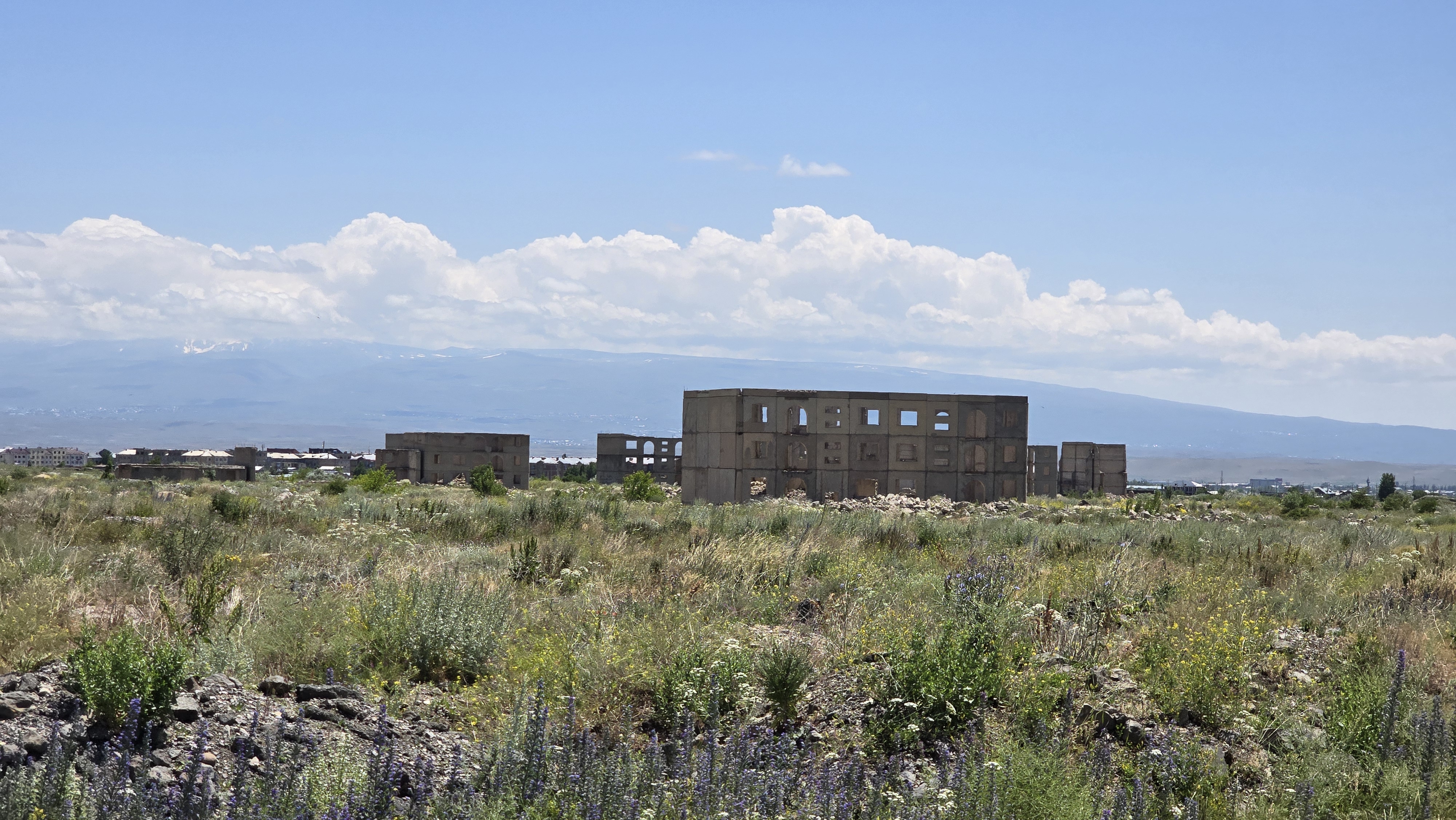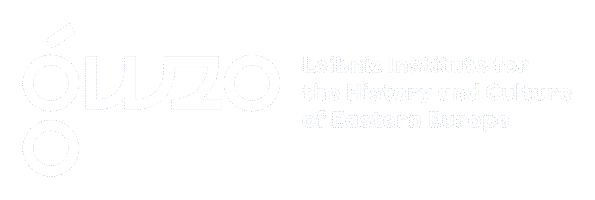
27 June – 11 July 2025
The third fieldtrip of the Integrated Action Approach team—Elena Batunova and Albina Davletshina—took place in Gyumri, Armenia’s second-largest city, from 27 June to 11 July 2025. The team conducted 17.5 hours of interviews and meetings and actively explored the city both on foot and by car, covering central areas as well as peripheral zones, tracing how post-earthquake recovery, resident adaptation, and institutional responses have reshaped housing and everyday life.
The fieldtrip began in Yerevan with a strategic meeting at the Urban Foundation for Sustainable Development, followed by interviews with experts in architecture, seismic safety, and local governance. In Gyumri, the team explored a wide range of housing typologies—from panel districts and Stalinist quarters to temporary “domiki” settlements still inhabited decades after the 1988 earthquake.
Interviews with residents, city officials, and architects revealed both the resilience and the fragility of Gyumri’s housing stock. Informal adaptations, grassroots improvements, partial reconstructions, and prolonged displacement co-exist in the urban landscape. A particularly insightful visit was to a family home in the “domiki” area, where several generations continue to live and gradually transform their post-disaster shelter into a permanent dwelling.
The team met with the city’s Chief Architect, Vice Mayor and other representatives of the city administration to discuss urban planning under conditions of institutional overload and geopolitical sensitivity. Alongside the housing focus, visits included Soviet-era cultural infrastructure, industrial brownfields, artists’ studios, and the local Museum —illustrating the entanglement of material recovery and cultural identity.
The fieldtrip concluded with a national-level meeting in Yerevan with the Chair of Armenia’s Urban Development Committee, followed by a working session with partners to design the next phase of cross-city knowledge exchange within the project.







